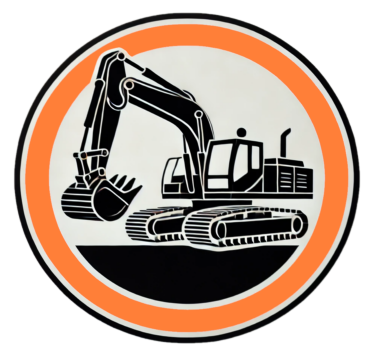Septic Maintenance Made Simple
Protect your system, save money, and enjoy peace of mind with Be Ohio’s expert maintenance services.
Key Elements of Septic Maintenance
1. Regular Pumping & Cleaning
Over time, waste builds up in your septic tank, forming layers of sludge that can clog your system. Routine pumping removes this buildup, allowing your system to work efficiently.
- Frequency: Every 2-3 years, depending on household size and usage.
- Signs You Need Pumping: Slow drains, odors, or soggy areas around the drain field.
2. System Inspections
A professional inspection assesses the condition of your tank, pipes, and drain field. Catching issues early helps prevent costly repairs.
- Annual Inspections: Recommended for ensuring optimal system performance.
- What We Look For: Cracks, clogs, root intrusion, and signs of corrosion or wear.
3. Drain Field Care
The drain field filters wastewater before returning it to the ground. Proper care prevents damage and ensures efficient filtration.
- Prevent Compaction: Avoid heavy weight on the drain field.
- Protect with Landscaping: Use shallow-rooted plants near the drain field.
4. Smart Water Usage
Excessive water usage overwhelms your septic system. Conserve water to reduce strain and protect the environment.
- Spread Out Usage: Avoid running multiple water-heavy appliances simultaneously.
- Fix Leaks Quickly: Even small leaks add gallons of extra water daily.
5. Mindful Waste Disposal
Be mindful of what you flush or pour down the sink to avoid clogs and maintain the bacterial balance in your tank.
- Do Not Flush: Paper towels, wipes, or non-septic-safe items.
- Avoid Harsh Chemicals: Bleach, paint, and heavy-duty cleaners harm the system.
Protect Your Investment
Don’t wait for problems to arise—contact us today to schedule your next maintenance service or sign up for a plan.
Call Now for More Information
